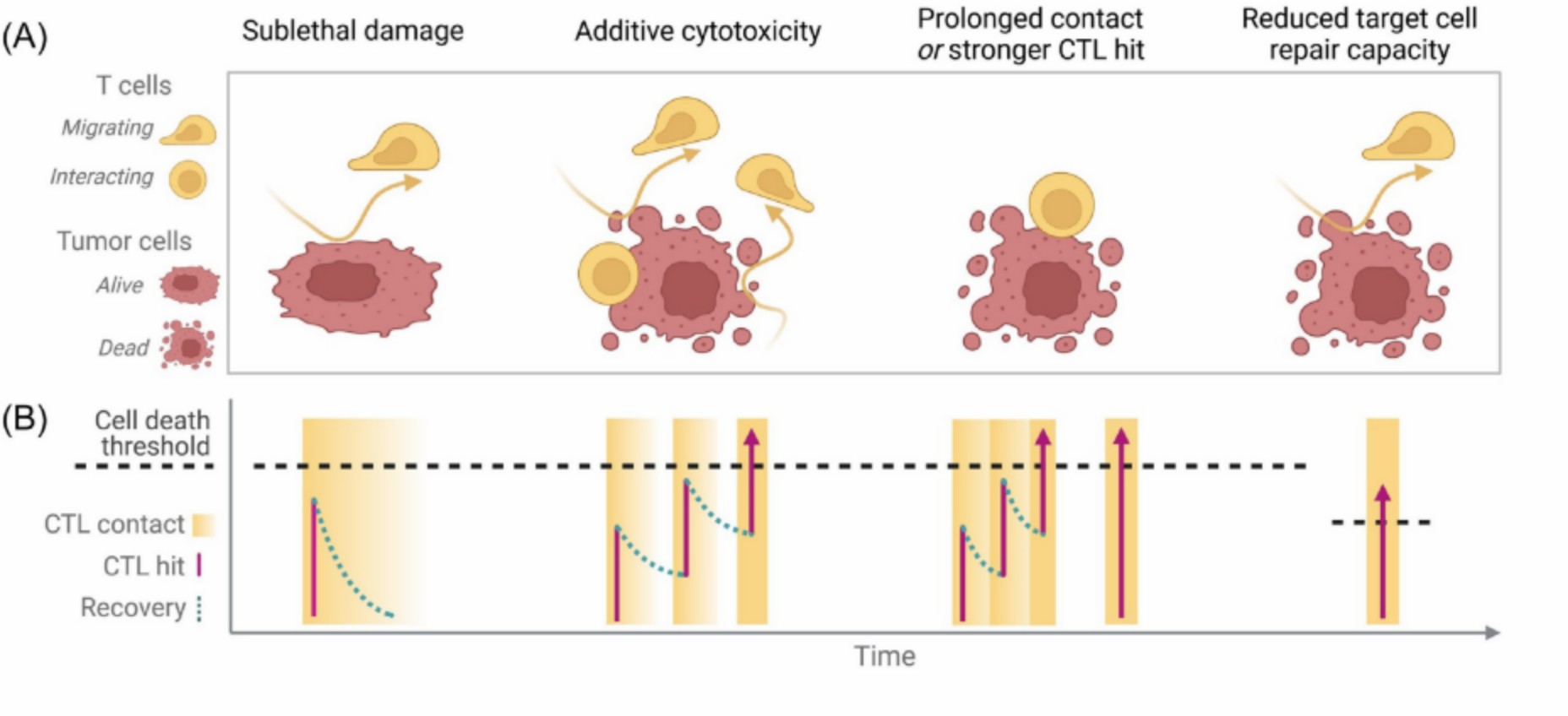T Cell-based 51 Chromium Assay
Multiple immunotherapies developed targeting specific antigen peptides have acquired exciting clinical achievements. As a famous service provider of gene and cell therapy, Creative Biolabs is also devoted to exploring cancer epitopes using various methods, including T cell-based 51 chromium release assay.
51 Chromium Release Assay for Epitope Analysis
In recent years, peptide-dependent therapeutic vaccines and immune cell-based products have raised dramatic attention as one of the most promising treatments for multiple tumors and cancer diseases. Peptide epitope, the minimum unit of tumor antigen recognized by T cell receptors, can activate CD8+ cytotoxic T lymphocytes (CTL) and CD4+ T helper cells and induce specific killing on the antigen-positive tumor cells. 51 chromium release-based assay is the ideal method combining screen cancer epitopes and test cytotoxicity of engineered T cells. The chromium release assay for investigating cell cytotoxicity is old but is most widely used to test the killing function of T cells and NK cells. The method is simple and sensitive, regarded as the gold standard for measuring cytotoxicity.
 Fig.1 T cell cytotoxicity against tumor cells.2
Fig.1 T cell cytotoxicity against tumor cells.2
51Cr Release Assay Service at Creative Biolabs
Pathogenic epitope identification is the first and crucial step for establishing epitope-directed tumor immunotherapy. With abundant experience in tumor antigen discovery, Creative Biolabs provides 51 chromium release assays to explore cancer epitopes that specifically induced T cell cytotoxicity.
Workflow

Highlights
✔ Easy operation
✔ Sensitive and reliable data
✔ Professional radioactivity lab and technicians
✔ Highly efficient antigen synthesis and cell line construction platform
Service Description
-
Synthesize the Candidate Peptides
✔ Directly synthesize antigen peptides and variants of interest
✔ Pre-screening using binding prediction software
The sequences of the antigen protein are scanned to predict and select the immunogenic peptides that bind to the T cell receptor. The peptides with the highest scores by computer analysis are selected for the next round of evaluation.
-
Produce the Peptide-specific T Cells
Serum/PBMC from immunized animal models
A mixture of peptides is injected into animal models to induce specific T cell expansion.
DC Cell Mediated Peptide-specific T Cell Activation in Vitro
The peptide-expressing DC cells are cultured with autologous PBMC for several days to induce peptide-specific T cell activation and expansion.
-
T Cell Cytotoxicity Assay
✔ Produce epitope-loaded tumor cell bank;
✔ Label tumor cells with 51Cr;
✔ Co-culture effector T cells and target cells in the 96-well culture plate;
✔ Collect culture supernatant and measure using a β plate counter.
Creative Biolabs is an industry leader in offering cancer epitope analysis solutions and services for clients with advanced technologies. We are dedicated to helping you find the suitable candidate peptide for specific epitopes-based immunotherapy of various diseases. If you want to learn more about our services, please contact us for details.
References
-
Huneker, M.; et al. Identification of a new HLA-A2-restricted T-cell epitope within HM1.24 as immunotherapy target for multiple myeloma. Experimental hematology. 2006, 34(4): 486–496.
-
Weigela, B.; Friedl, P. T cell-mediated additive cytotoxicity - death by multiple bullets. Trends in cancer. 2022, 8(12): 980–987.
-
Laczkó, D.; et al. A Single Immunization with Nucleoside-Modified mRNA Vaccines Elicits Strong Cellular and Humoral Immune Responses against SARS-CoV-2 in Mice. Immunity. 2020, 53(4): 724–732.e7.
-
Wauters, A. C.; et al. Artificial Antigen-Presenting Cell Topology Dictates T Cell Activation. ACS Nano. 2022, 16(9): 15072–15085.
For Research Use Only | Not For Clinical Use


 Fig.1 T cell cytotoxicity against tumor cells.2
Fig.1 T cell cytotoxicity against tumor cells.2



 Download our brochure
Download our brochure